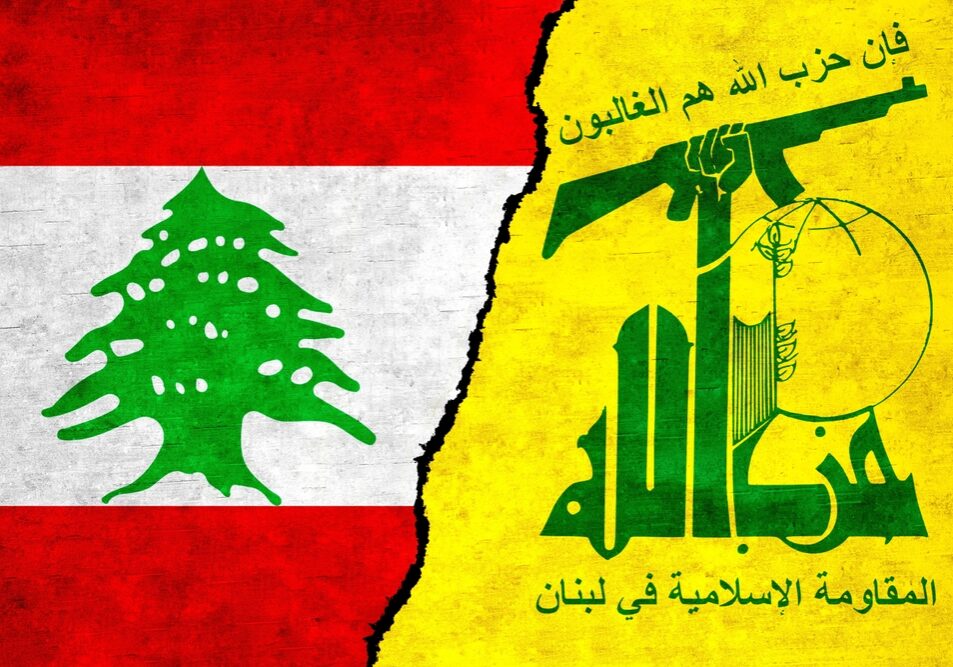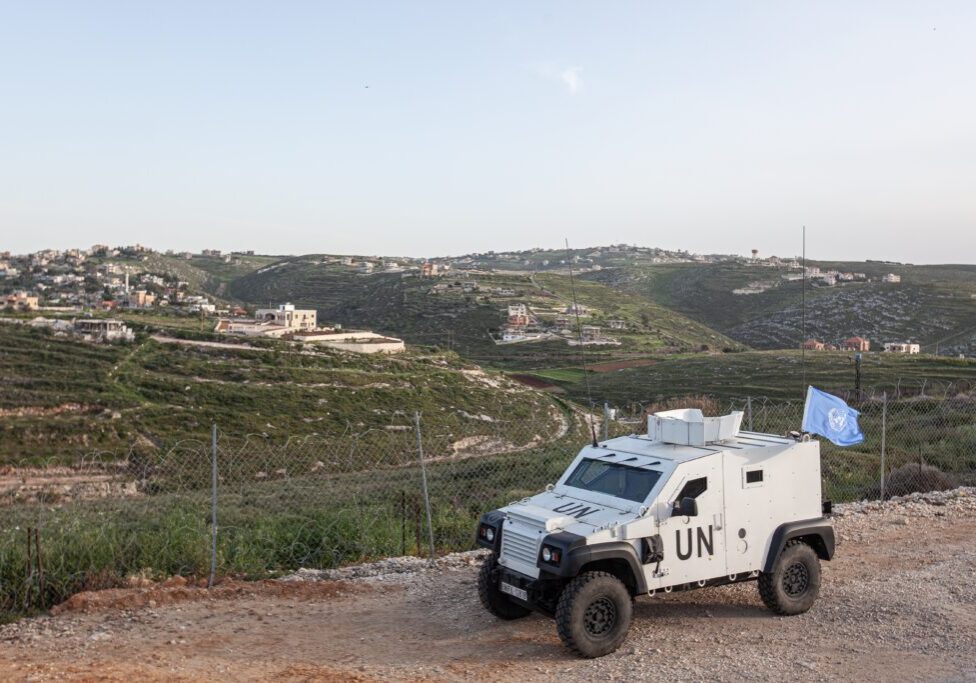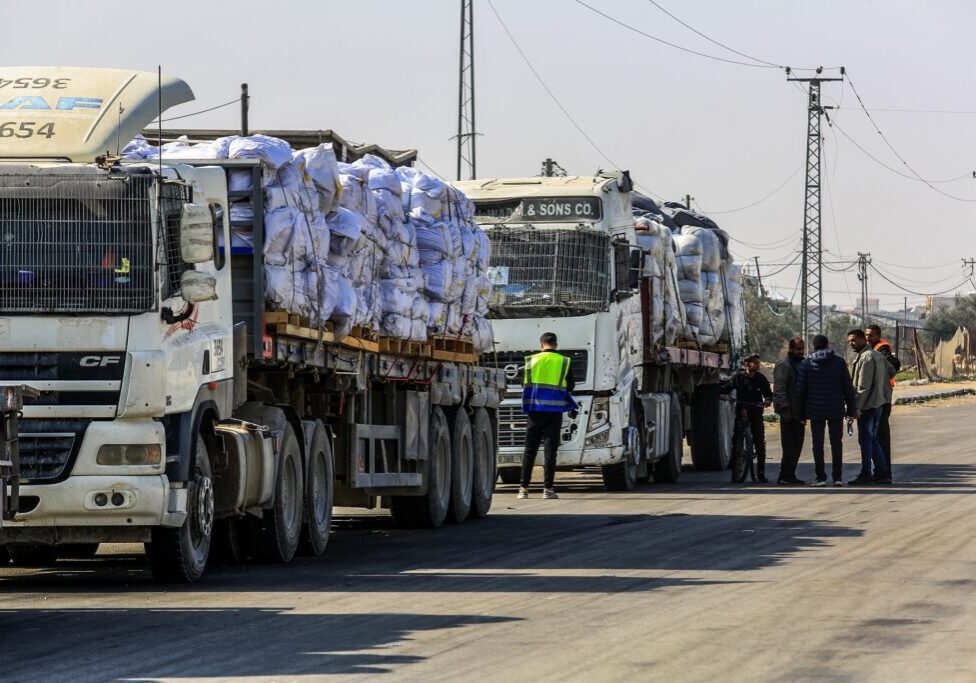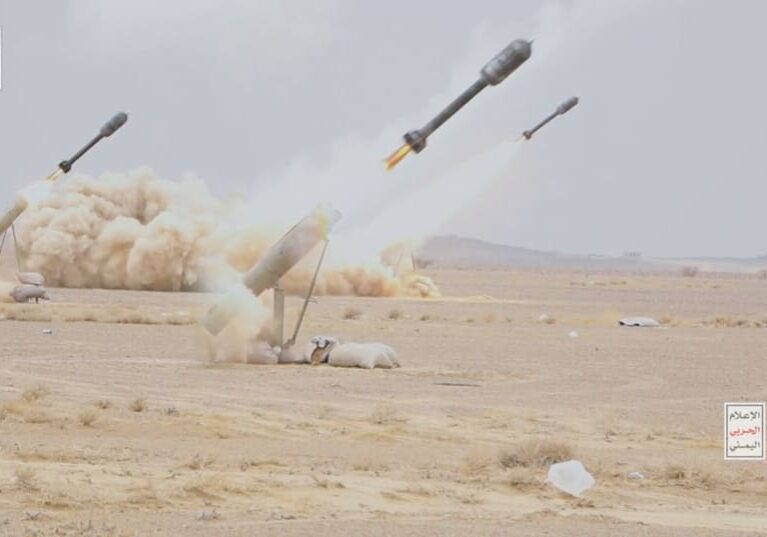Australia/Israel Review
Scribblings: Look who else is worried about UNRWA
Apr 3, 2018 | Tzvi Fleischer
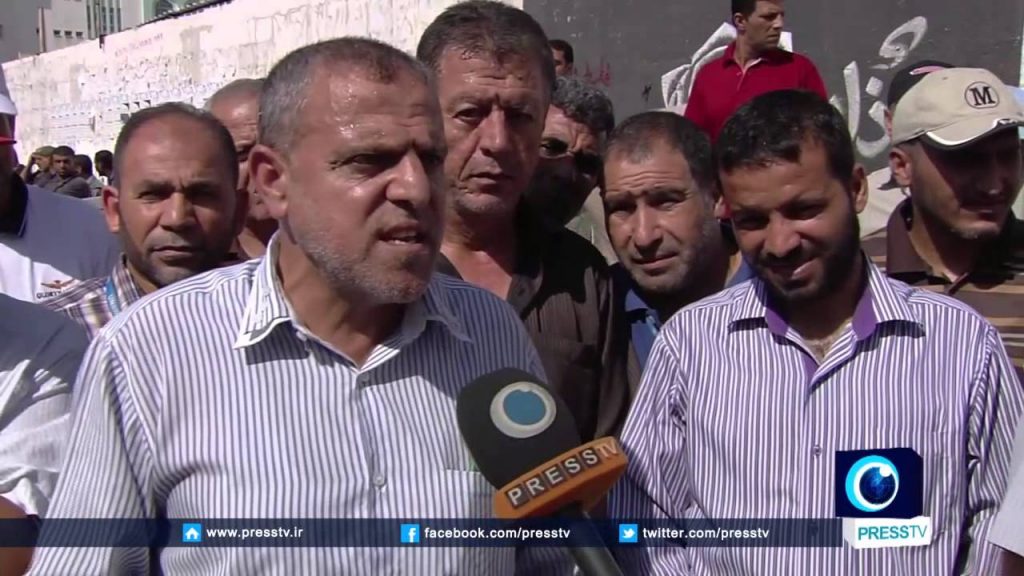
Tzvi Fleischer
As readers should be aware, there are serious problems with the UN Relief and Works Agency (UNRWA), the UN agency founded in 1949 to carry out “direct relief and works programmes for Palestine refugees.” It is the only special agency at the UN for one specific group of refugees – all other refugees in the world are the responsibility of the UN High Commission for Refugees (UNHCR).
UNRWA does provide valuable health, education and welfare services to Palestinians who are often in genuine need. But it does so at the cost of a series of problematic behaviours which have become a significant obstacle to any two-state Israeli-Palestinian peace. Here are some of them:
• Numerous UNRWA employees have been caught working for Hamas and other terrorist groups. There has also been considerable evidence of glorification of terrorism and incitement to violence and anti-Jewish hatred by UNRWA teachers in UNRWA schools, and by other UNRWA employees. UNRWA has appeared sluggish in tackling both problems.
• UNRWA, despite claims to be apolitical, in practice actively supports and propagandises for a “Palestinian right of return” to Israel. This demand for a legally baseless right is effectively a demand to replace the Jewish majority in Israel with a hostile Palestinian majority and destroy Israel as a Jewish homeland.
• In line with the above, UNRWA actively opposes any attempt to resettle Palestinian refugees, either in the countries in which they now live or anywhere else in the world, to give them a normal life and certain future. It effectively insists that they should stay welfare-dependent in refugee camps over generations, until such time as a final resolution to the Israeli-Palestinian conflict is reached. This is the opposite of the UNHCR approach, in which resettlement is a key goal.
• Perhaps most egregiously, UNRWA defines a Palestinian refugee in a way which is in complete contradiction to the normal definition of a refugee used by the UNHCR. UNRWA defines a Palestinian refugee as not only someone who fled their home in the 1948 or 1967 wars, but as anyone descended from someone who did – children, grandchildren, great-grandchildren, ad infinitum. Nor can anyone ever lose their refugee status – even if they attain citizenship and a settled life in another country. This again contradicts what the UNHCR does. This is why UNRWA now has more than five million “refugees” on its books even though, according to UNRWA, there were 700,000 refugees from the 1948 war, only a small minority of whom are still alive today. Moreover, of those five million, at least two million are citizens of Jordan, where they have the same rights as any other Jordanian. Almost as many live under the rule of Palestinian governments within their own homeland – the Palestinian Authority in the West Bank or Hamas in Gaza. Even leaving aside the inherited status issue, none of the Jordanian, West Bank, or Gaza UNRWA “refugees” would be refugees by UNHCR standards.
Israel, under its current government, has been campaigning for reforms of UNRWA – so that it stops constantly ballooning the number of “refugees” and undermining peace hopes with its other problematic activities. Israel has been joined by the Trump Administration, which in January announced that it was withholding US$65 million in pledged aid to encourage reform. The US has long been UNRWA’s largest funder, supplying over one third of its more than US$1 billion budget last year.
Now the concerns about UNRWA’s problematic behaviour appear to be spreading to the Arab world. At a summit on UNRWA funding in Rome on March 15, Lebanon’s Foreign Minister Jebran Bassil called on UNRWA to “unregister every Palestinian refugee who stays outside Lebanon or acquires the citizenship of another country.” He also said, “We call on the international community to organise a campaign for the voluntary return of Palestinian refugees, seeing as all the prerequisites of a safe and dignified return are available.”
In other words he called for UNRWA to do two of the things that Israel, the US, and other critics of UNRWA have long argued for: deregister refugees who get citizenship elsewhere, and to encourage Palestinian refugees to be immediately resettled – presumably in the West Bank and Gaza, given his words about a “safe and dignified return” (even if he painted this as implementation of the “right of return” to protect Palestinian sensibilities).
To be fair, Lebanon has long had the most problematic relationship of any Arab country with Palestinian refugees – viewing them as upsetting the country’s delicate ethnic balance, and subjecting them to severe discrimination in terms of employment and other legal restrictions. But this has been the case for decades and, in fact, a recent census showed that there are actually far fewer Palestinian refugees in Lebanon than previously estimated (which is evidence of UNRWA’s sloppy bookkeeping.) So the timing suggests there is something more involved.
No Lebanese leader would have said something like this in the past – it would have drawn outrage both in Lebanon and throughout the Arab world as a breach of Arab solidarity to the “sacred” Palestinian cause. But that “sacred cause” is at its lowest ebb ever today – with Arab governments increasingly viewing Israel as more an ally against Iran than an enemy, and Arab public and intellectuals increasingly losing interest in and passion for Palestinian claims. It is today not unthinkable that other Arab states might back demands like Bassil’s for changes to the way UNRWA does things – at least behind the scenes.
Yet it was the Arab states that largely created the UNRWA problem. In the 1950s and 60s, they were the ones who weaponised the Palestinian refugees against Israel, deliberately keeping them in camps and rejecting all measures to alleviate their homelessness and statelessness so that it could be demanded that Israel be destroyed to facilitate their return. UNRWA, which was set up with good intentions but which had to operate almost wholly under the auspices of various Arab states, eventually came to adopt this agenda as well. If the Arab states which set UNRWA on its current destructive path, and the US, which has always been UNRWA’s largest funder, are now willing to demand UNRWA reform its problematic behaviours, there seems a very real chance it could actually happen.
Tags: Lebanon


